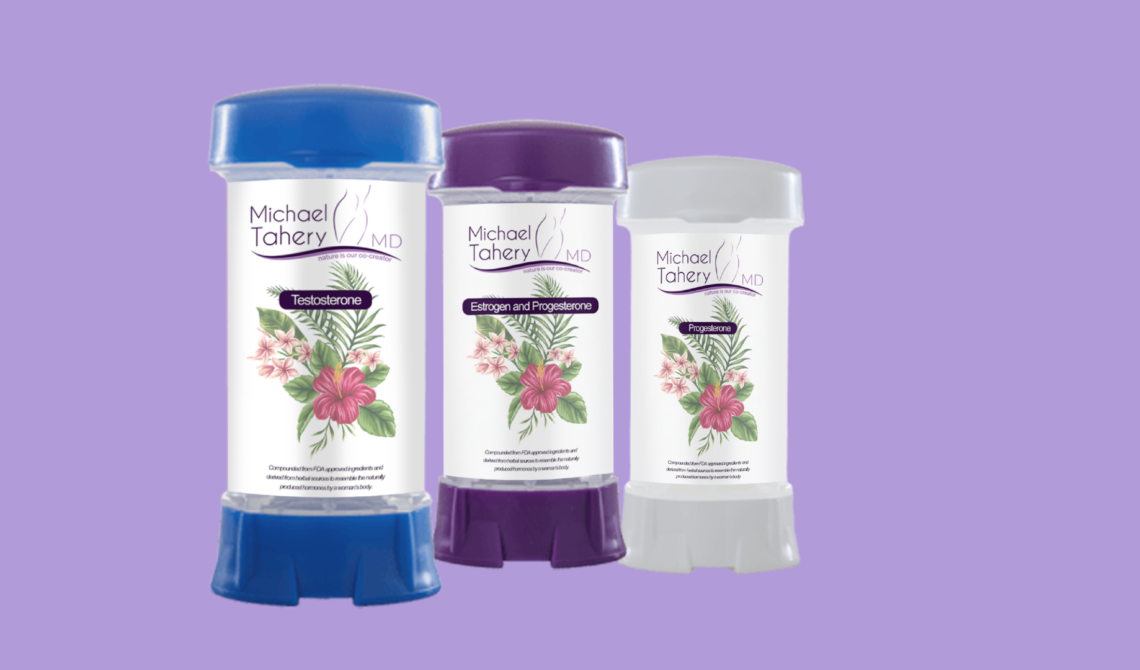
Hormone replacement therapy (HRT) is a treatment used in women to reduce the symptoms associated with menopause. From the first menstrual period up to menopause, healthy ovaries (including the pituitary gland) regulate female hormones – estrogen and progesterone as well as male hormone production testosterone. Depression, irritability, hot flushes, and impaired concentration are some of the symptoms associated with menopause as a result of hormonal imbalance. Thanks to our understanding of HRT, hormonal imbalance can be treated safely.
In order to maximize the use of hormone replacement therapy and to also make it safe, we, as scientists, are constantly working on discovering the benefits and risks of using HRT. Even though a lot of myths about hormone replacement therapy have been debunked, some of them are still very common and may discourage women from using hormones that can drastically improve their lives. The following are some of the most common myths about hormone replacement therapy I have come across in my patients over the past 25 years.
Hormone Replacement Therapy Increases Risk of Cancer and Disease
In balance, hormones decrease the risk of cancer and other diseases in women who use them. Studies show HRT reduces the risk of colorectal cancer significantly (by 1/3), reduces the risk of bone loss and osteoporosis, reduces the risk of heart attacks (number 1 killer of women after menopause), and contributes significantly to the quality of life. The most common concern women have is the possibility of a rise in the risk of breast cancer. The relationship between the use of hormone replacement therapy and the risk of breast cancer is still a controversial topic. In many large studies, Hormone replacement therapy has shown to minimally (by <1%) increase the risk of developing breast cancer, and other hormone associated cancers. There is sufficient evidence to support a slight increase ( <1%) in the risk of breast cancer with long-term estrogen and progestin substitution (longer than 5 years). Breast cancer is also very well studied and cure rates are very high if detected early. Also, the lifetime risk of breast cancer in a woman without HRT is 1 in 8. Therefore regular self-exam, evaluation by Dr. Tahery, and yearly mammogram, and if needed breast ultrasound is important with or without HRT. women at high risk for certain cancers may require closer and more regular evaluation as recommended by Dr. Tahery.
Bio-Identical Hormones
In terms of molecular and functioning, bioidentical hormone replacement are no different from the hormones produced by the body. Therefore likely they are better tolerated by the body than other forms. We compound both female and male hormones in a cream form. Experience has shown that cream applied to the skin provides gradual absorption and better tolerance by the body. Bioidentical hormones absorbed through the skin do not increase the risk of blood clots, heart attacks, and strokes.
Hormone Replacement Therapy is Illegal
HRT has always been legal and is designed to make up for hormonal deficiencies. So it has a healing role. Huge numbers of postmenopausal or “hormonal women” benefit from HRT. Therefore, there is no reason why it should be illegal. You can buy and use HRT without legal concerns.
Hormone Replacement Therapy is Good for Only 5 Years
There is no scientific evidence on the basis of which it is necessary to stop therapy after 5 years. Every woman is different and for each woman, HRT must be arranged individually. The risk of unwanted complications may be related to the length of time HRT is used. Scientific studies do not provide conclusive findings in this respect but some studies say that while the risk of developing breast cancer does not increase noticeably during the first 5 years of using HRT, it slightly begins to increase with longer therapy.
There is a lot of controversy surrounding HRT. However, the benefits of using it may be much greater than the possible risks. We believe that each and every woman is different and HRT requires a personalized approach in order to get the most of it.
Dr. Tahery is a big supporter of hormone replacement therapy in women during transition years of perimenopause to menopause. Based on his years of experience he believes HRT is essential to health after menopause under expert guidance.
If HRT is of interest to you, Dr. Tahery looks forward to speaking with you about how it can enhance your life.